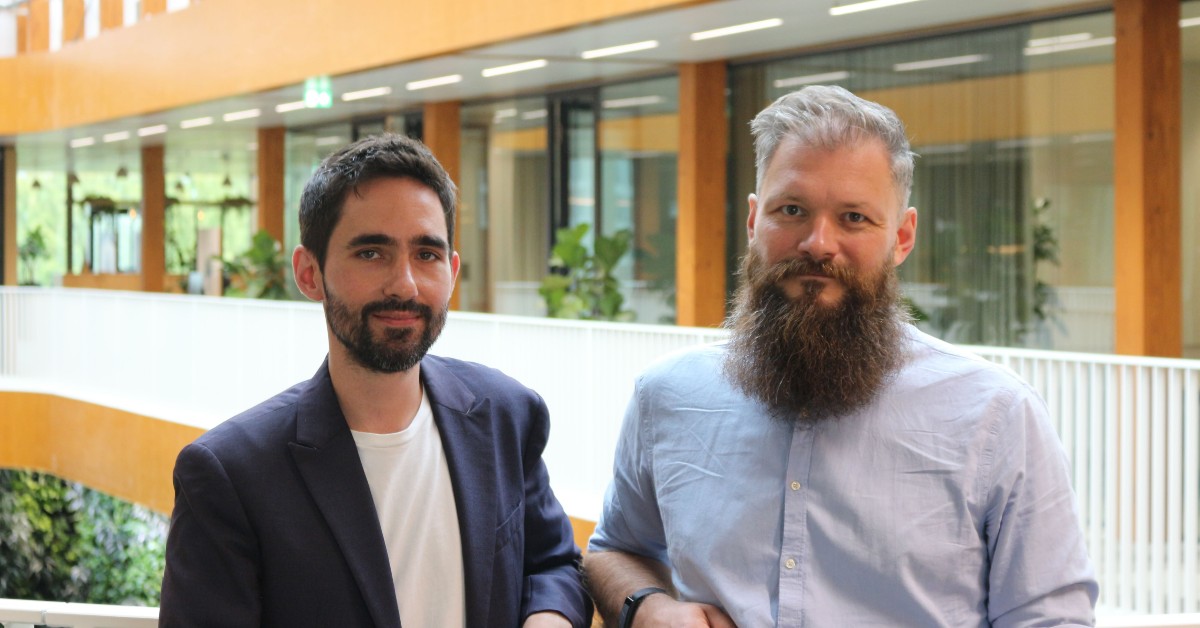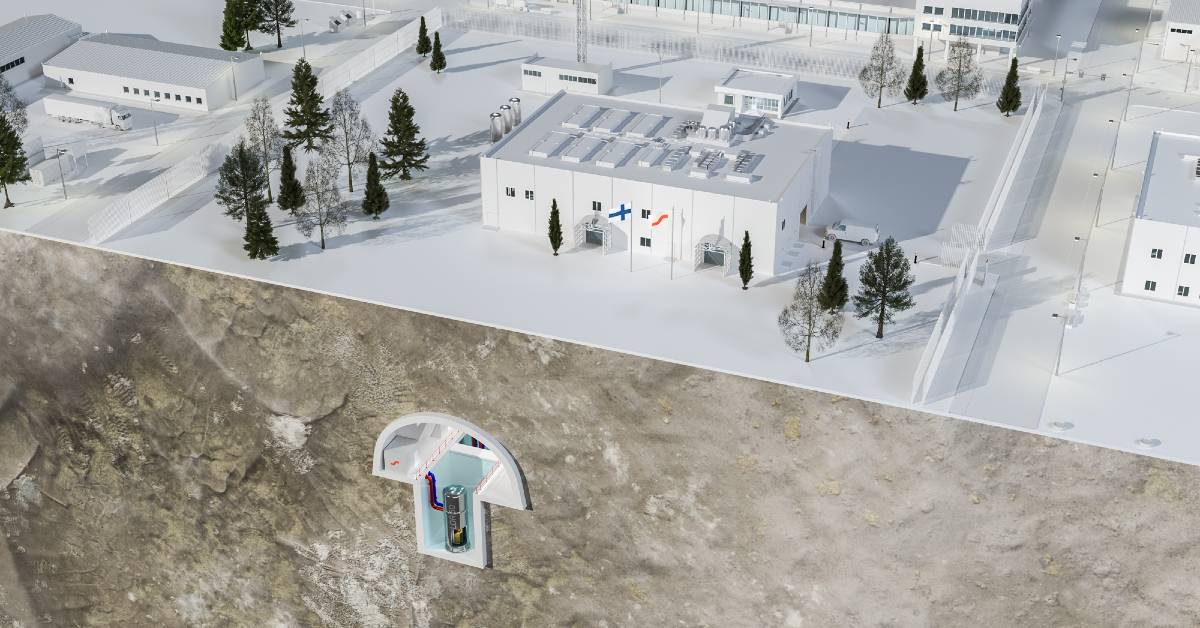Are you planning to establish your deep tech scaleup in Belgium? Known for its open and liberal economy, this country is one of the most business-friendly environments in the EU region. However, integrating into a new market is never easy and has its own set of hurdles to deal with.
Silicon Canals recently interacted with Erik Duyck, Business Development Accelerator for Belgium at Europe’s leading accelerator EIT Digital. Erik helps the international and local companies to scale up their business faster and become successful. Here are some top pieces of advice that came out of the discussion with him.
#1 Belgium – ideal place for deep tech scaleups
“Belgium is one of the most globalised countries in the world with an open economy. The startup network is quite dense. An ideal place for setting up deep tech scaleups in Belgium can be around any of the main University cities Leuven, Ghent, Brussels and Louvain-la-Neuve, as they are located not far from each other. Brussels, de facto the capital of the European Union, is situated in the middle of the country, so you can reach London, Paris, Amsterdam and Frankfurt within a few hours by train. Belgium, therefore, has quite a big international community.
You can find incubators in every provincial capital (10) and more, most of them fuelled by the dense University Networks or local business hubs, and there you can find many Internet of Things (IoT), Artificial Intelligence (AI), Fintech, Energy, Health, and other innovative tech startups. Belgium is home to a lot of corporate headquarters for industries like pharma, chemicals, food, finance, automotive, manufacturing due to the influence of being ‘capital of Europe’. Not to forget our booming biotech university spin-offs.
#2 Three official languages
Belgium has three official languages: Dutch, French, and German. Most people however also speak English. “The presence of parallel cultures like Dutch, French and German in Belgium makes it tempting to approach individuals in their language of preference. But this can lead to inefficiency and misunderstandings.
In the Belgian context, it is considered respectful to let individuals express themselves in their preferred language. This means you could have three people speaking different languages in one meeting, each one expressing themselves in their own language and the others understanding that language. The simplest way however to avoid any communication glitches is to use English, and to agree on the meeting language beforehand.
#3 Get to the point
People in Belgium are very down to earth, meaning, they don’t like too much arrogance, or bragging around. People prefer facts and numbers instead of a fancy presentation, respect and good service rather than fancy sales talk. So, when introducing new business, focus on the unique value you can bring for the customer, rather than focusing on yourself and creating suspicion.
In a first meeting, Belgians appreciate getting straight to the point when it comes to announcing the agenda or purpose of it since most people are very busy. It should be rational and concrete. In a second or third meeting, when things are a little bit more casual, you can meet over foods or over a beer for networking, relationship development and bonding.
#4 LinkedIn is taking over business cards
“In Belgium, business cards are used but now there’s a digital paradigm shift. The professional networking site LinkedIn is being used as a means to immediately connect online with potential clients or customers.” No need to print and handover business cards!
#5 Smart casual is the new suits
“First and foremost, overdressing is unusual for a business meeting in Belgium. If you are having a sales meeting, it is better to dress in business attire. On the other hand, the new tech community is quite level-headed and dresses casually.
The content is much more important than the package. There is a shift from wearing a tie in the past to smart casuals now. It is always accepted, and no remarks are made. If you want to get into the higher financial circle, it would be wise to wear a tie. However, it is getting more and more exceptional now.”
#6 Funding fluently available
Start-up funding has gotten fluently available. Recently, there were some discussions about real big rounds not happening in Belgium. Immediately, some big funds and investors reacted by saying: Yes, we can! In short: start-ups in Belgium should be ready for some critical analysis, and the best ones, or the best fits, get funded!
This article is produced in a collaboration with EIT Digital. Read more about our partnering opportunities.










01
From telecom veteran to Dutch Startup Visa success: The Jignesh Dave story